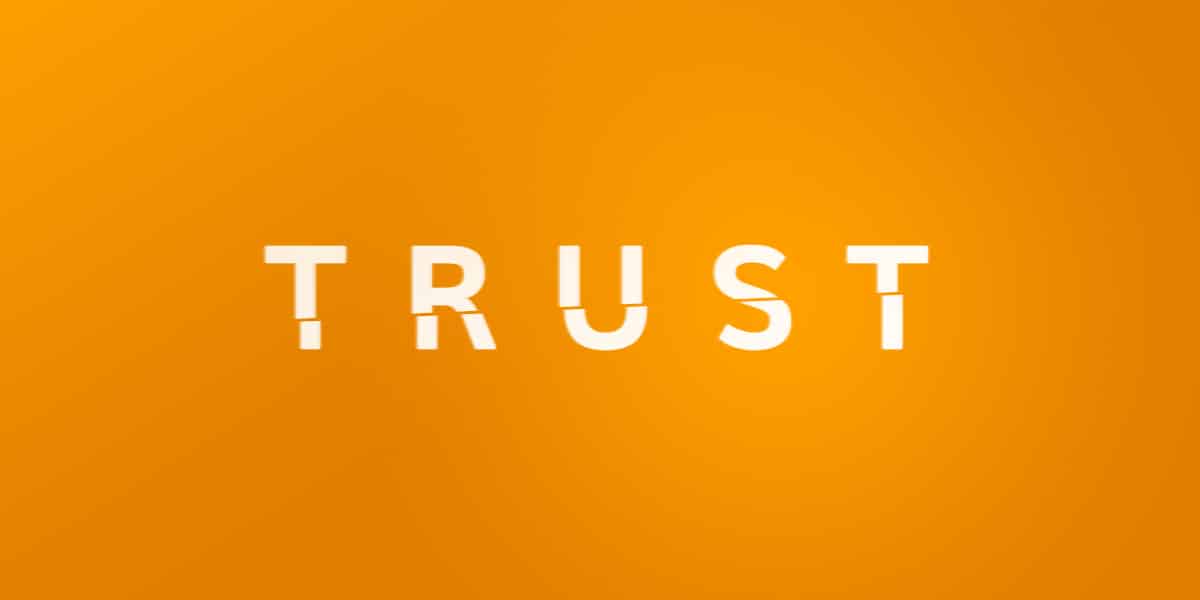We live in a confusing time when it comes to data privacy and security. While many of us want more protection and security, surveys have shown that people are willing to give that up if they understand the end benefit of that use to their own lives.
Last year, Deloitte’s Center for Industry Insights, conducted a survey of more than 8,500 consumers in six different countries on how they felt about sharing personal information with businesses. The survey found that many were amendable to sharing at least some personal information if they saw value in it for themselves.
While many people are upset about the Facebook/Cambridge Analytica data breach, I also found myself wondering how many people were actually surprised this happened? This platform has long been tracking our whereabouts and has become the go-to social media channel for over one billion active users. We log in with our Facebook account to access entertainment sites, play games and even purchase items.
A platform that is free to use, stays free because it is able to maximize access to our data. It was bound to be a target, but what I was not prepared for was Facebook CEO Mark Zuckerberg’s initial silence and lack of an apology when his first statement was released. What Facebook’s executives eventually learned, perhaps too slowly and after a public outcry sped along by the very platform they created, is that a trust breach may be more damaging than a data breach.
While Zuckerberg eventually apologized, I also hope he learned to get ahead of a crisis and to listen to his PR team, which I’m certain he has. A good PR team would have pushed him to make sure best practices were in place and followed. A good PR team would also adhere to the following values and principles from the PRSA Code of Ethics:
- Honesty and fairness, which are required for trust to be enabled among stakeholders, and to maintain the integrity of relationships with the public, the media and government officials. This is essential for informed decision-making in a democratic society.
- Free flow of information, which trusted organizations consistently advance. Don’t deflect, obfuscate or dissemble.
- Act promptly to correct erroneous communications
- Disclosure of information, to build trust with the public by revealing all information needed for responsible decision-making.
- Reveal the sponsors for causes and interests represented
- Safeguarding confidences, to provide appropriate protection of confidential and private information
- Conflicts of interest must be avoided or ended to ensure one’s professional or personal interests are not in conflict with society’s interests.
Does your organization follow the PRSA Code of Ethics? Do you have a plan in place to deal with a crisis? If not, give us a call.

